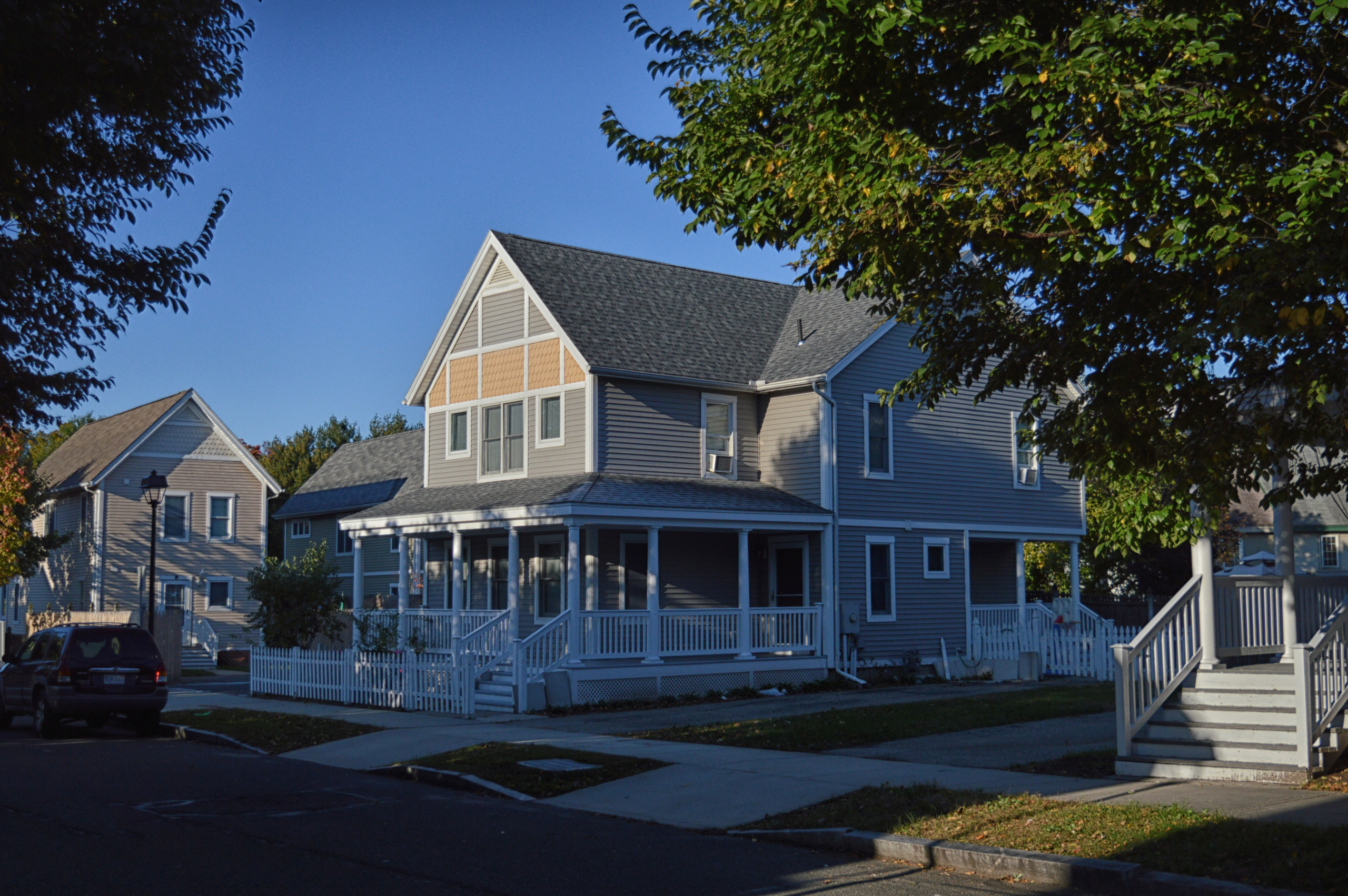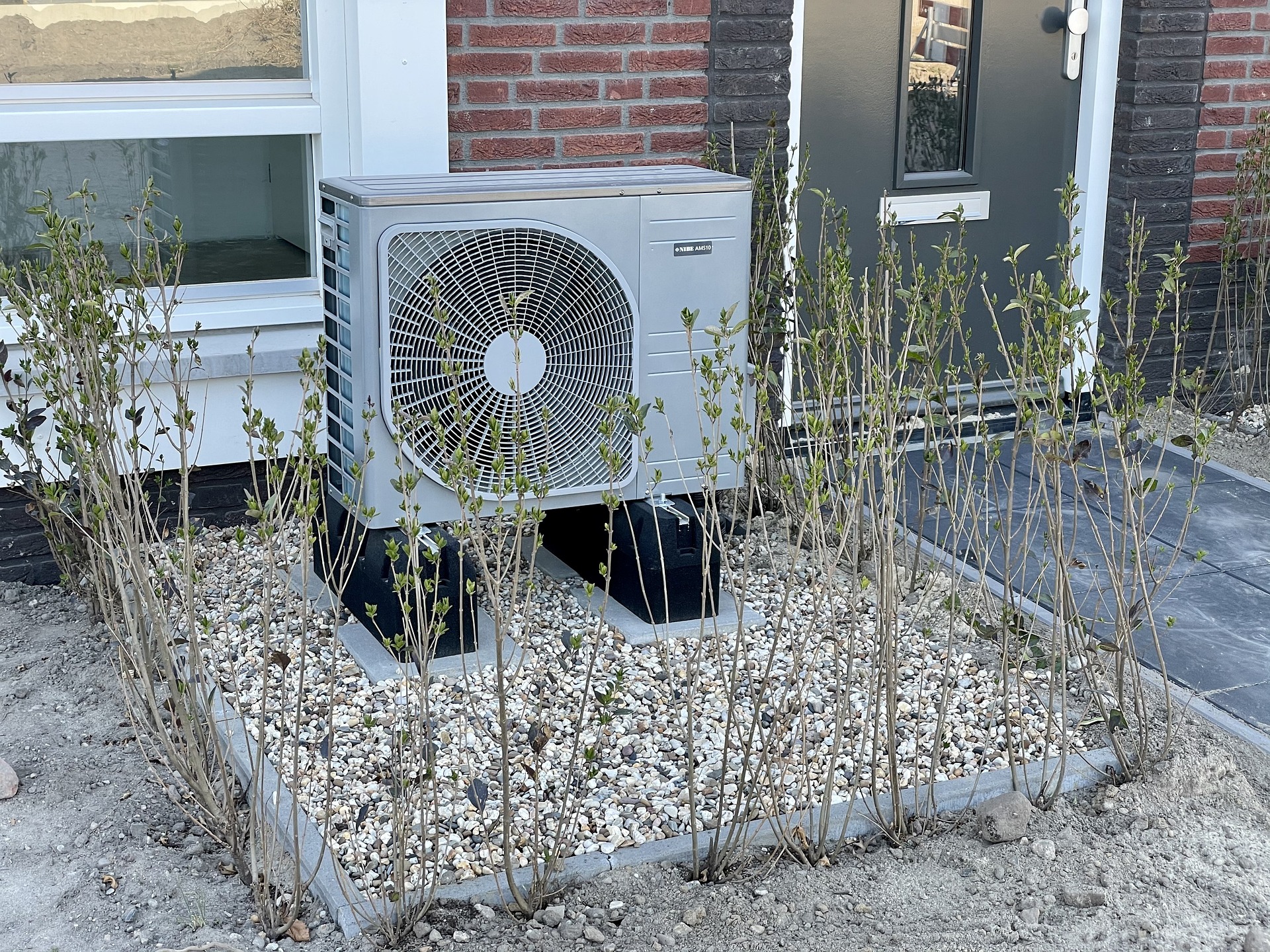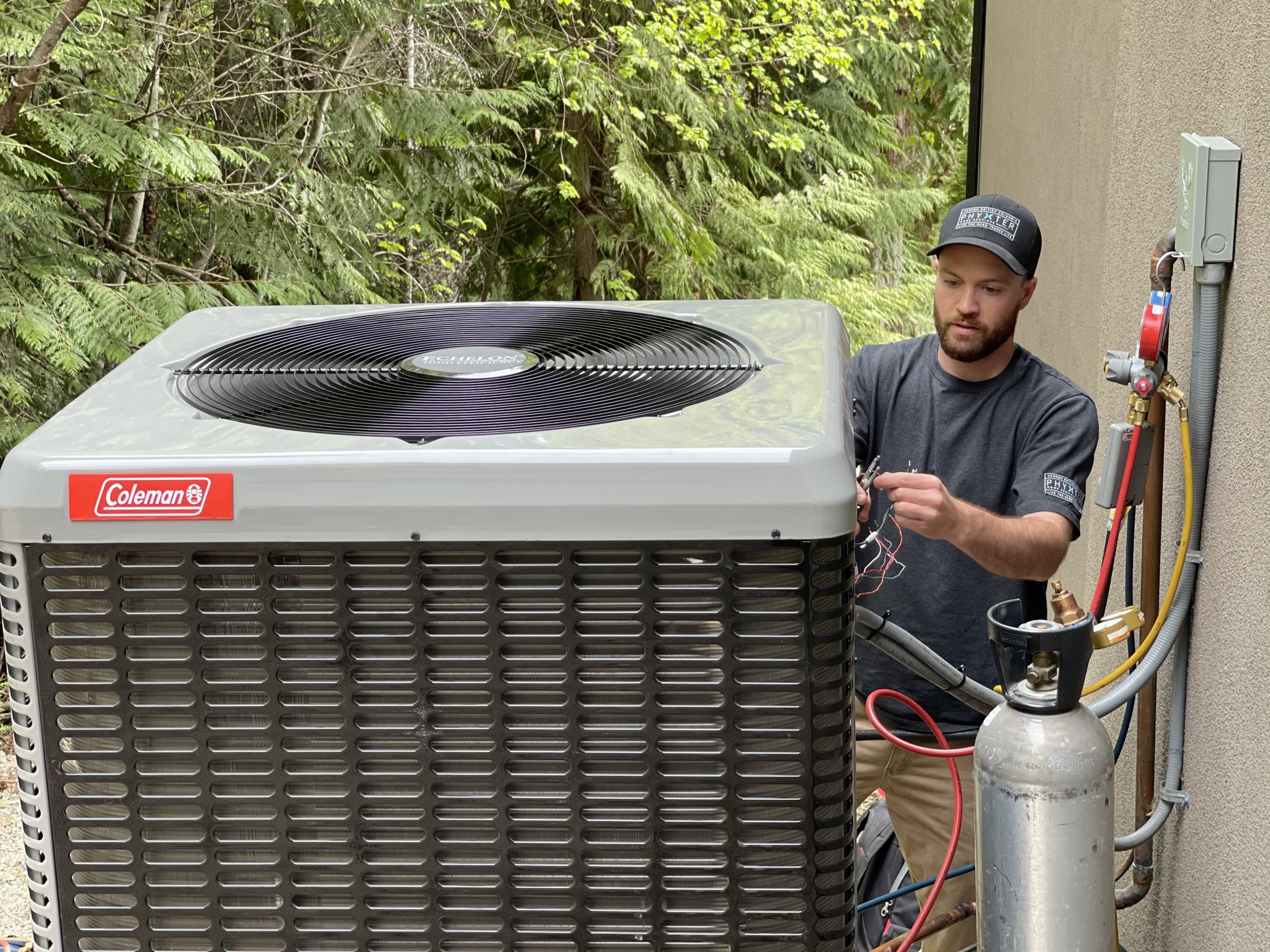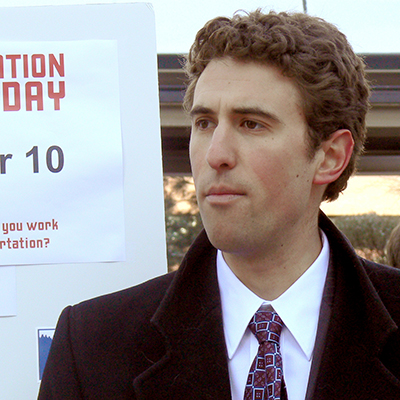
What is Clean Heat?
From heat pumps to electric hot water heaters, clean heat warms our homes and businesses with electricity, not gas. This is better for our health and our planet, and reduces our exposure to volatile gas prices.
Our homes and businesses require heat in the winter – to keep us warm and heat our water.
For many of us in Colorado, that heat comes from burning gas in our furnaces. According to 2019 U.S. Census Bureau data, as many as 68% of Colorado homes (or about 1.5 million) are heated by utility gas. Many commercial buildings are too.
Methane is the primary component of gas. It’s dangerous to breathe (thus the carbon monoxide detectors in our homes), and is the second most abundant greenhouse gas, which is fueling climate change and our increasingly extreme weather.
Because it is dangerous to breathe and is combustible, we need to invest in special pipes and infrastructure to transport it to our homes and businesses. Unfortunately, that infrastructure leaks.
The data shows a gas pipeline incident occurs somewhere in the U.S. approximately every 40 hours. From 2010 through nearly the end of 2021, a gas leak, serious enough to report to the federal government, happened almost 2,600 times in the U.S. 328 resulted in explosions and fires killing 122 people and injuring 603.
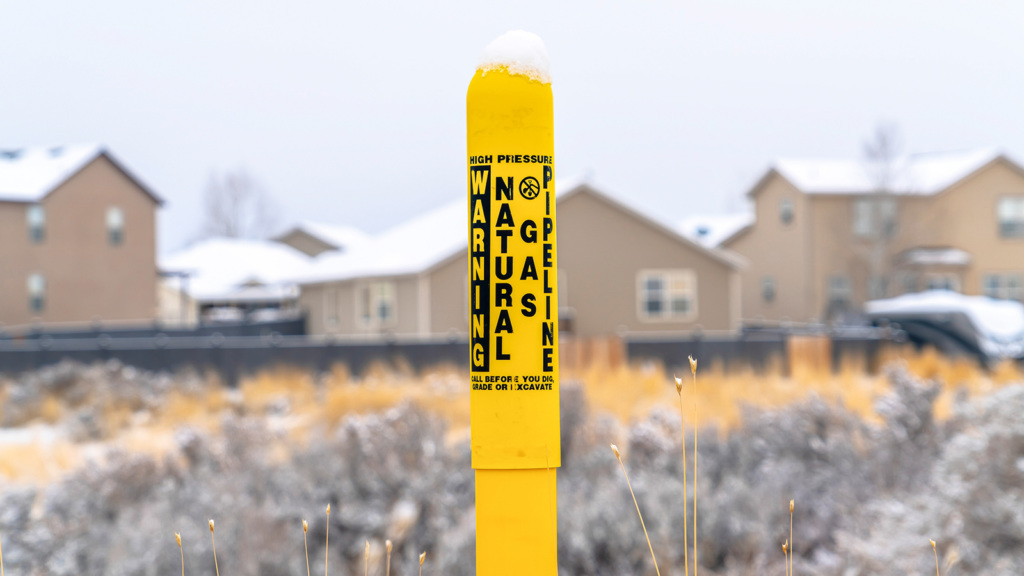
Methane gas pipeline leaks contribute to climate change and pose risk to communities when they ignite or explode.Photo by Shutterstock.com | Shutterstock.com
There is a cleaner alternative to gas heat.
Clean heat is heat that comes from appliances like heat pumps or water heaters that are electric-driven and don’t burn gas.
There are even electric and induction stoves too, which can eliminate a significant amount of indoor air pollution that comes if you cook with gas.
So what is a heat pump?
Heat pumps are actually a bit of a misnomer. Not only can they heat your home in the winter, they can also cool your home in the summer – so they are like a furnace and air conditioner in one.
They are also more efficient than a traditional furnace, which is important because the cleanest and cheapest heat is the heat we don’t even need to use.
Most of us have heat pumps in our homes already – it’s the technology that most refrigerators use.
Even if it’s 20 degrees outside, a heat pump can suck in air from outside, heat it up and keep you warm. And if it’s 100 degrees outside, a heat pump can suck in air from the outside, cool it down and keep you comfortable in the height of summer.
So how does clean heat impact my utility bill?
In a growing state like Colorado, most utilities are expanding – and ratepayers like you and me pay for the cost of that new heat infrastructure in our utility bills.
Because gas leaks are so dangerous, if we rely on gas for heat, we need to invest dollars in a special system to try to try to prevent those leaks. If you have a clean heat system, you can save money by avoiding the gas infrastructure costs (and have peace of mind that you won’t have carbon monoxide leaks in your home)..
In addition, gas prices are volatile and can lead to big price spikes. Last winter, gas prices shot up by 40% compared to the previous year, impacting every Coloradan.
So even if we didn’t transition to cleaner heat there are a lot of costs we’re paying for to maintain and grow the gas system.
The good news is clean heat technologies like heat pumps are here and, in some cases, are cost effective investments even without financial assistance.
In RMI’s The Economics of Electrifying Buildings: Residential New Construction, they found that “all-electric, single-family new construction is more economical to build and operate than a home with gas appliances and has lower lifetime emissions,” in the cities they studied including Denver.
It’s cheaper to go all-electric heat up front because a heat pump system can forego needing a furnace and air conditioning in a gas home, and the electric home provides savings over the long run.
According to data from the National Renewable Energy Laboratory, switching to a heat pump can reduce annual heating and cooling bill anywhere from $100 to $1,300 per year with the average homeowner saving $667 per year by switching to a heat pump.
This is especially true when gas prices jump like they did last winter.
Despite the potential savings, heat pumps are costly, especially if you are upgrading your existing home or building. So incentives and financial assistance will be critical in the next few years to support cleaner heat.
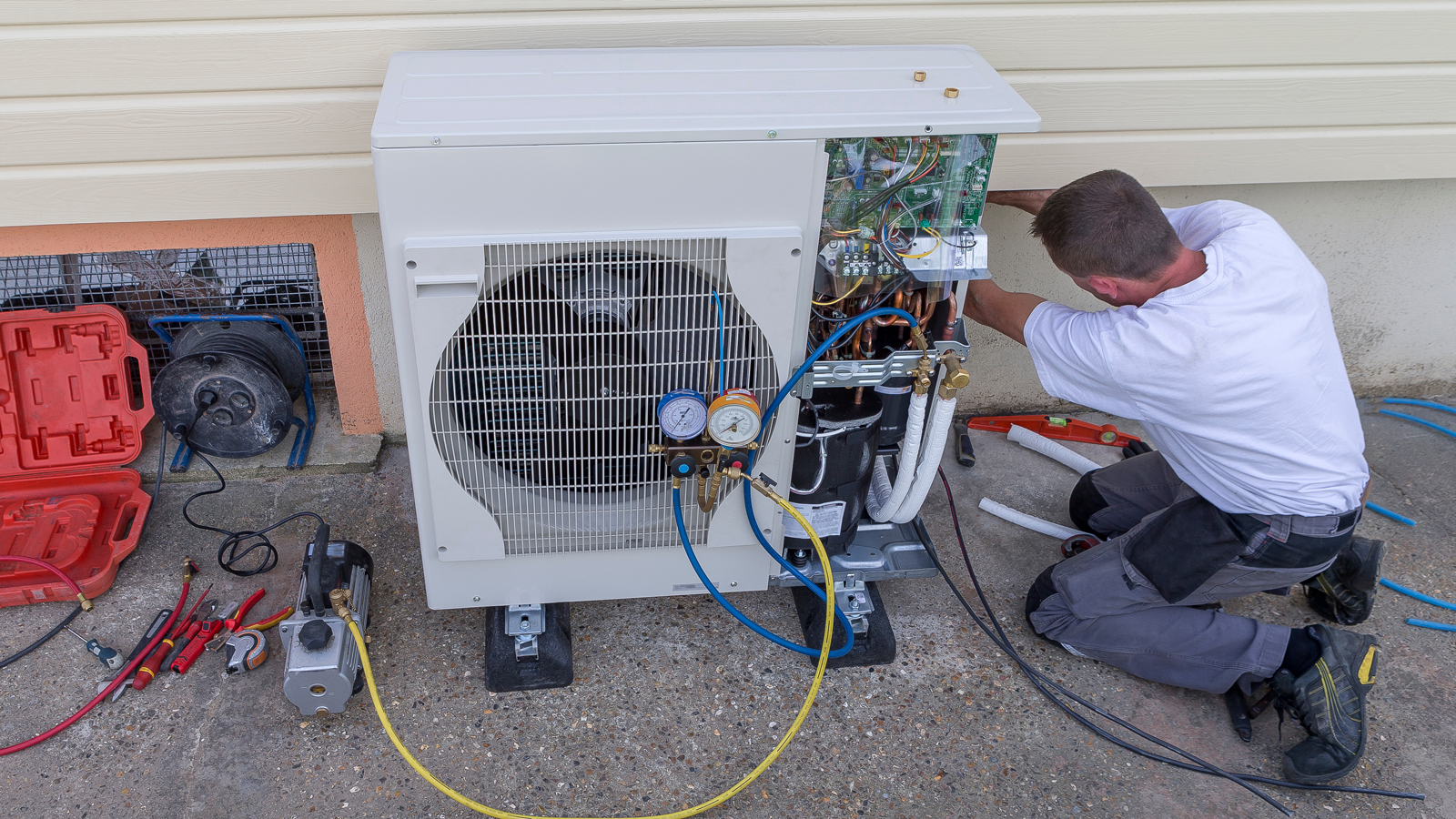
Federal rebates and tax credits for clean heat in your home
There are a lot of financial incentives that can cut the cost of moving toward clean heat in your home.
Federally there is a $8,000 heat pump rebate and a $2,000 heat pump tax credit. There’s also a $1,750 rebate for heat pump water heaters. Rewiring America offers a calculator tool that can help you determine what a heat pump and other clean heat appliances will cost you and how to maximize savings.
Environment Colorado has additional info on the federal rebates.
- If your household income is less than 80 percent of your state’s median household income, you are eligible for 100 percent of the rebates available. If you purchase both a heat pump and a heat pump water heater, you can receive up to $9,750 back.
- If your household income is between 80 and 150 percent of your state’s median household income, you can receive 50 percent of the rebates for a total of $4,875.
- If your household income is over 150% of your state’s median household income, you do not qualify for heat pump rebates.
As for tax credits for heat pumps – If you install an efficient heat pump between now and 2032, you are eligible for a federal tax credit that will cover 30% up to $2,000 of the heat pump cost and installation. This tax credit is capped at $2,000 per year, so if you are considering multiple energy upgrades you can maximize the incentives by spacing out your energy efficiency home improvements across years.
There is no income limit for the IRA tax credits- the only qualification required is that you have tax liability.
There are also dollars available to support electric panel and wiring upgrades.
The Colorado coalition Love Electric also has a website with resources and tools including ways to find a contractor.
State and local action on clean heat
Beyond the federal financial support, there is a lot of clean heat action in Colorado.
In 2021, Colorado adopted SB21-264, which requires Colorado’s gas utilities to reduce their greenhouse gas emissions by 4% by 2025 and 22% by 2030.
As of March, 2024, one of our largest gas utilities, Xcel Energy, is in the middle of a process at the Public Utilities Commission (PUC) to determine what their Clean Heat plan will be to hit these goals.
One of the best ways for them to hit the clean heat goals would be to help their customers improve efficiencies in their homes and convert to heat pumps. A coalition of groups including NRDC, Western Resource Advocates and the Southwest Energy Efficiency Project released a report in August, 2023 highlighting the potential of this clean heat path to pollution-free buildings.
It’s critical that we encourage the PUC to adopt a plan that delivers significant support to ratepayers to transition to heat pumps and ramp up efficiencies. You can sign our petition here.
Cities have also taken action though. For example, Denver offers heat pump incentives for single-family and multi-family dwellings.
There is also a state tax credit between $500 and $3,000 for heat pumps and water heaters. According to the Colorado Energy Office, the tax credit is split between the registered installing contractor and the customer. Registered contractors are required to provide the tax credit to customers as a discount off the cost of installing the eligible heat pump.
Many utilities have or are developing their own incentives to help cut the cost of clean heat technology, so contact your local utility for more information. Here’s information about Xcel’s current heat pump rebates.
Topics
Authors
Danny Katz
Executive Director, CoPIRG Foundation
Danny has been the director of CoPIRG for over a decade. Danny co-authored a groundbreaking report on the state’s transit, walking and biking needs and is a co-author of the annual “State of Recycling” report. He also helped write a 2016 Denver initiative to create a public matching campaign finance program and led the early effort to eliminate predatory payday loans in Colorado. Danny serves on the Colorado Department of Transportation's (CDOT) Efficiency and Accountability Committee, CDOT's Transit and Rail Advisory Committee, RTD's Reimagine Advisory Committee, the Denver Moves Everyone Think Tank, and the I-70 Collaborative Effort. Danny lobbies federal, state and local elected officials on transportation electrification, multimodal transportation, zero waste, consumer protection and public health issues. He appears frequently in local media outlets and is active in a number of coalitions. He resides in Denver with his family, where he enjoys biking and skiing, the neighborhood food scene and raising chickens.
Find Out More
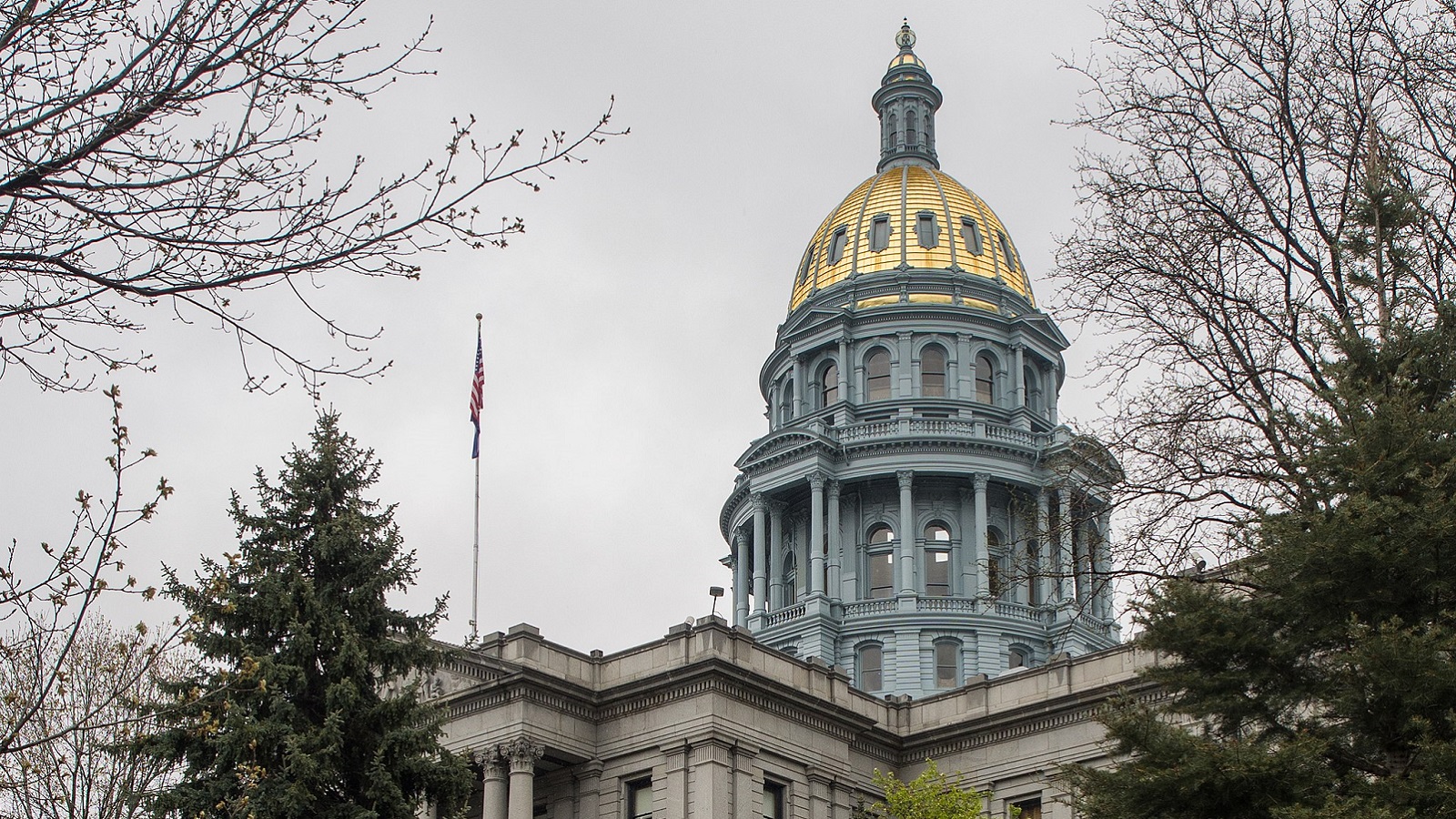
2023 Colorado Legislative Report
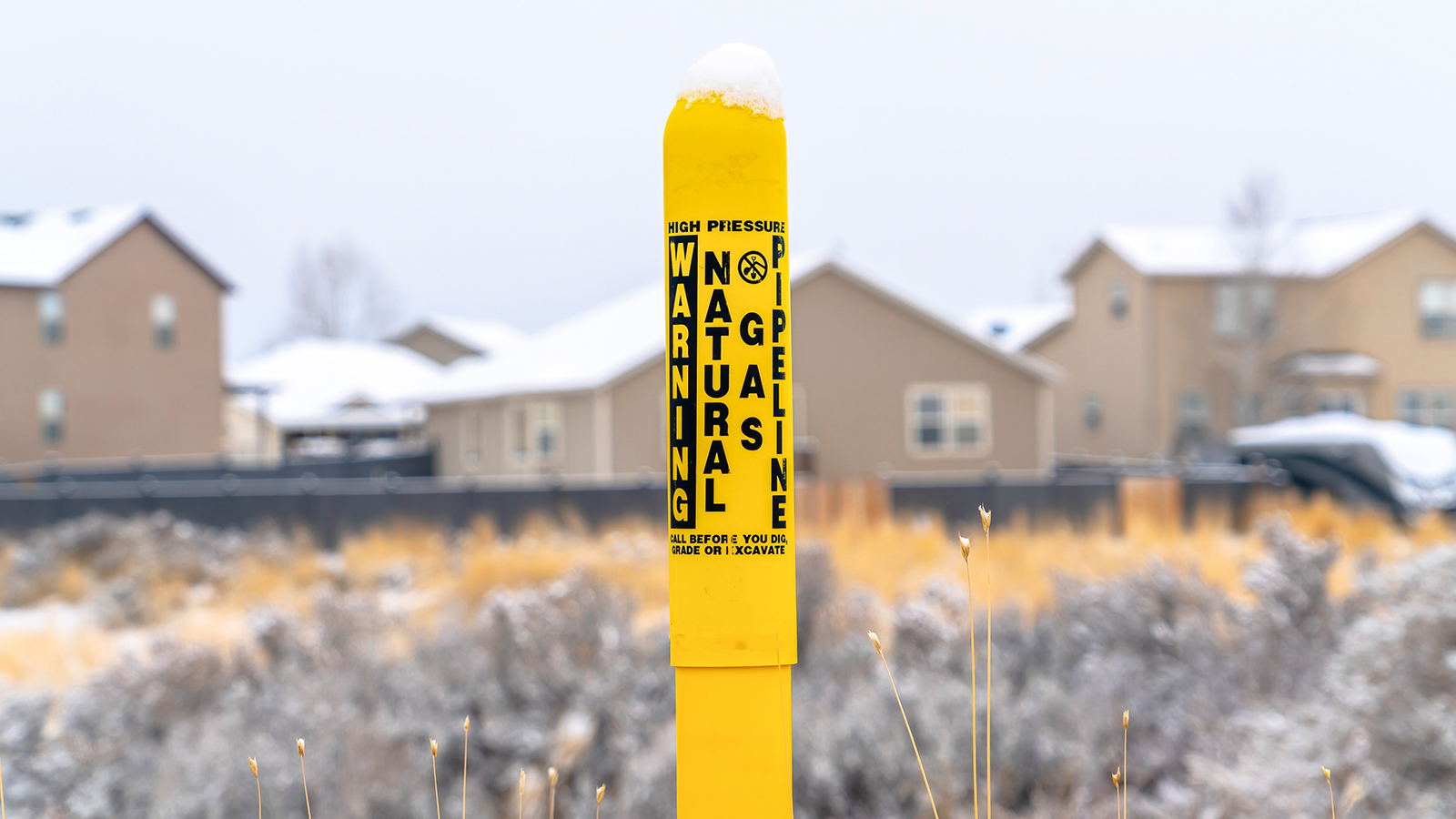
High Utility Bills in Colorado
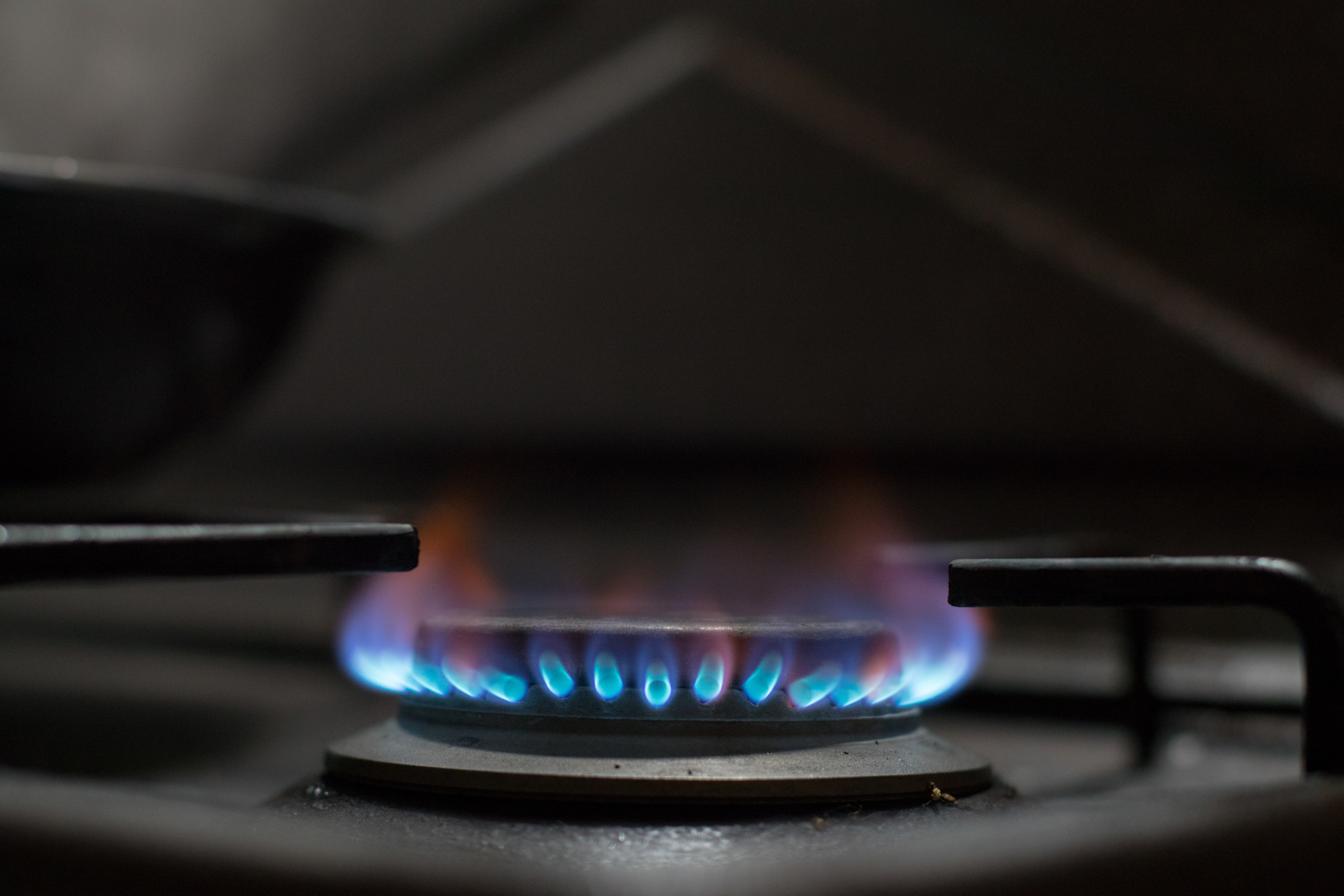
Gas stoves and your health: What you need to know to keep your family safe, healthy
